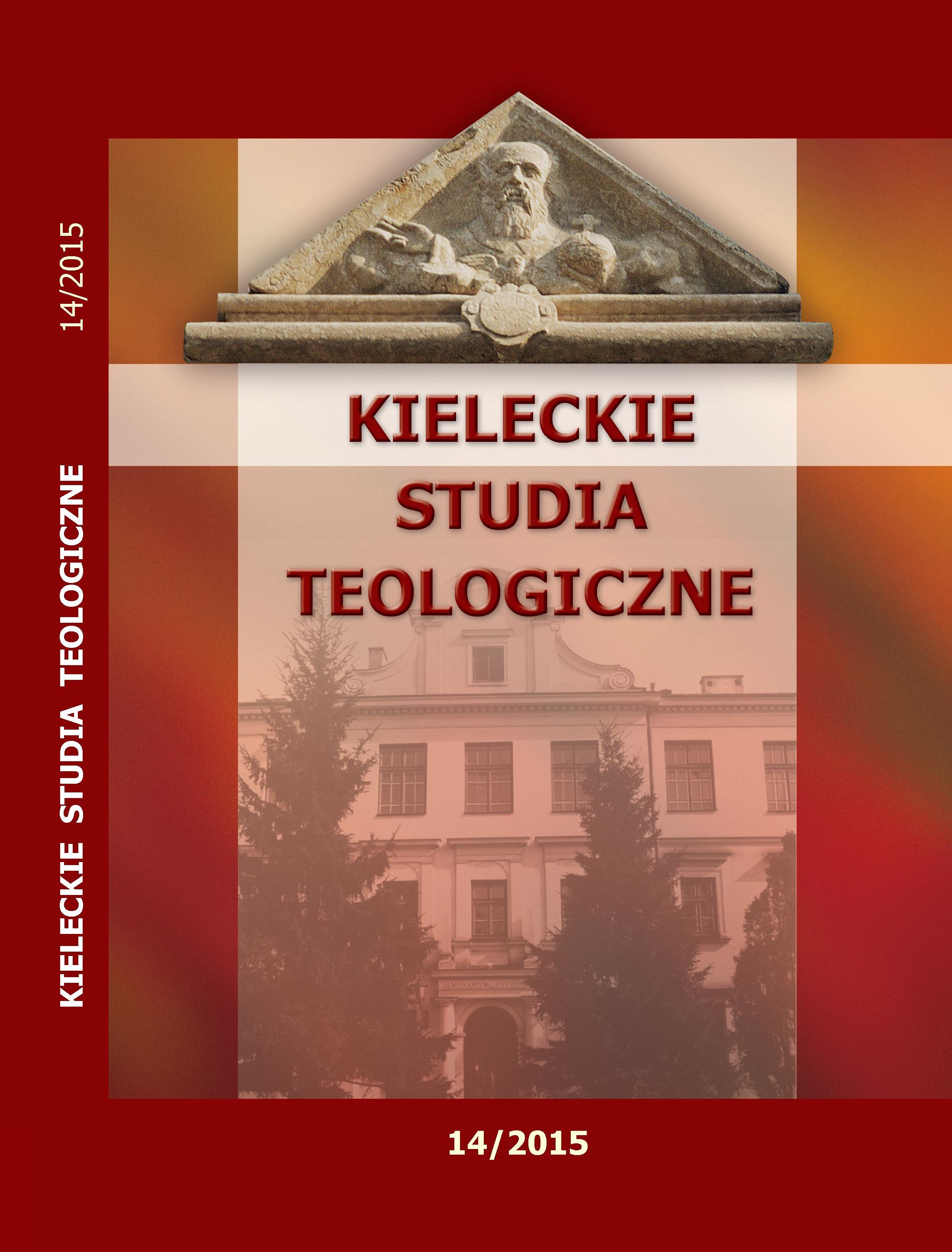DIE DOPPELÜBERSETZUNG ALS AUSDRUCK DER SORGE DES ÜBERSETZERS UM DEN REZIPIENTEN DES TEXTES
DOUBLE TRANSLATION AS AN EXPRESSION OF THE TRANSLATOR’S CARE FOR THE RECIPIENT OF THE TEXT
Author(s): Piotr OwsińskiSubject(s): Christian Theology and Religion, Language and Literature Studies, Theology and Religion, Biblical studies, Philology
Published by: Wyższe Seminarium Duchowne w Kielcach
Keywords: double Translation; Reception;Bible;
Summary/Abstract: The article aims at presenting the phenomenon of double translation of some fragments of the Scripture. The analysis includes three versions of The Acts of the Apostles by St. Luke from the Luther Bible (Letzte Hand), the Marburg/Konigsberg Bible and the latin Vulgata. Confronting the chosen examples taken from the above mentioned translations of the Bible leads to the conclusion that the phenomenon of double translation per¬tains to the following three areas: fragments in which the translator wished to highlight certain content; geographical names and toponyms of foreign origin; the notions that might seem uncleart to the potential recipient of the text. What seems far more interesting is that a 14-th century translator came up with the same idea that drove the work of Martin Luther, who lived much later. It can therefore be concluded that the desire to be understood by the greatest possible number of German Catholics, was not Martin Luther’s original concept. One can see clearly that some of the proposed translations of given passages overlap in both German trans¬lations. What draws attention, is the fact that the translator from Marburg/Konigsberg acted a little more consequently in his work than his younger colleague, who has gathered apprisal for his translation of the Bible for many centuries.
Journal: Kieleckie Studia Teologiczne
- Issue Year: 2015
- Issue No: 14
- Page Range: 185-200
- Page Count: 16
- Language: German

